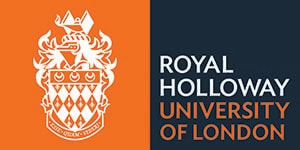
Do you want hassle-free information and advice?
Create your FindAMasters account and sign up to our newsletter:
- Find out about funding opportunities and application tips
- Receive weekly advice, student stories and the latest Masters news
- Hear about our upcoming study fairs
- Save your favourite programmes, track enquiries and get personalised subject updates
Due to your Facebook privacy settings, we were unable to create your account at this time. Please select another method to sign up.
We were unable to log you in with your Google account at this time. If you have third-party cookies blocked, please enable them, refresh, and try again.
or
 Continue with Facebook
Continue with FacebookCreate your account
We were unable to log you in with your Google account at this time. If you have third-party cookies blocked, please enable them, refresh, and try again.
Looking to list your Masters programmes? Log in here.












